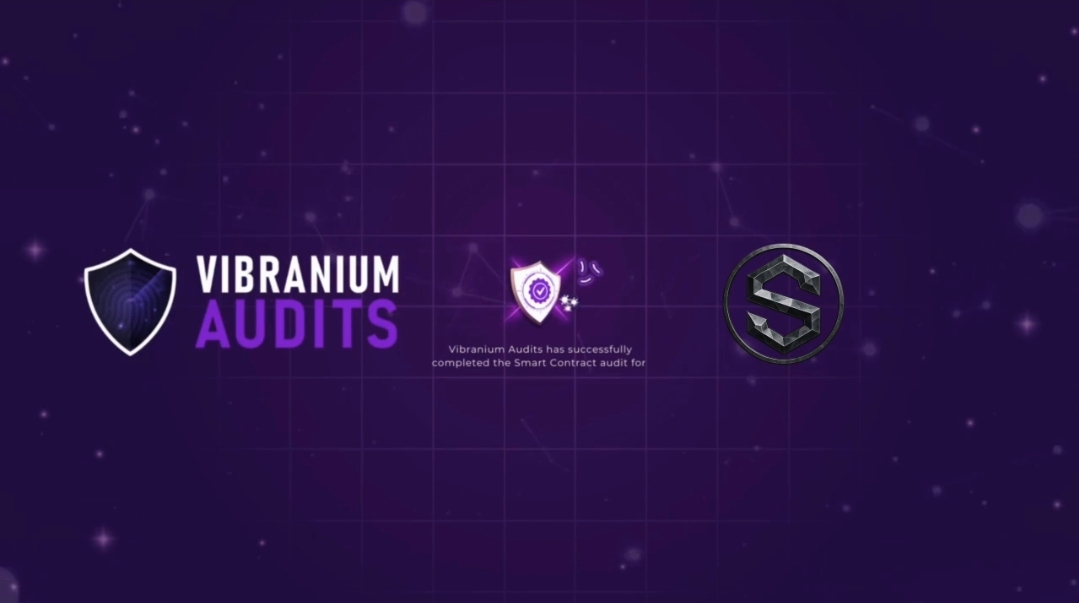Smart contract auditing is indispensable in the realm of blockchain to ensure the functionality and security of code implementations. When it comes to Solana, the need for auditing is paramount due to the unique vulnerabilities associated with the platform. Let's delve into why Solana smart contract auditing is imperative:
Understanding Attack Surfaces in Solana Smart Contracts
The attack surface of a smart contract refers to the potential entry points that malicious actors could exploit to compromise the system. Unlike some other blockchain platforms, Solana smart contracts typically have a single entry point, such as the "process_instruction" function. However, even this seemingly limited surface can pose risks if not properly secured.
Common Vulnerabilities in Solana Smart Contracts
Solana smart contracts are susceptible to various vulnerabilities that could undermine their security and integrity. From account confusions to re-entrancy and arithmetic overflows, these vulnerabilities can lead to critical security issues if left unaddressed. Here are some of the common vulnerabilities plaguing Solana smart contracts:
- Account Confusions
- Insufficient SPL Token Account Verification
- External Program Validation Failure
- Missing Signer Check
- Re-Entrancy
- Arithmetic Over/Under Flows
- Denial of Service (DOS)
- Block Timestamp Manipulation
The Importance of Solana Smart Contract Auditing
Given the complexity and potential risks associated with Solana smart contracts, auditing becomes indispensable. A recent $320 million DeFi exploit in the Wormhole protocol underscores the critical need for robust security measures. With Solana's rising popularity as a faster and cheaper alternative to Ethereum, auditing has become a necessity to safeguard projects from vulnerabilities.
How Vibranium Audits Secure Your Solana Smart Contracts
At Vibranium Audits, we employ a meticulous auditing process to identify and rectify vulnerabilities in Solana smart contracts. Our approach combines manual analysis with automated testing techniques to provide comprehensive security assessments. Here's how we conduct Solana smart contract audits:
- Detailed Manual Analysis: Our expert auditors meticulously review the code to uncover potential vulnerabilities and security loopholes.
- Independent Audits: We deploy two autonomous teams for independent audits, ensuring thorough scrutiny of the code from different perspectives.
- Integration Testing: We conduct rigorous integration testing to identify and resolve dependency issues that could compromise the integrity of the smart contract.
- Preliminary Reporting: We provide clients with a detailed report highlighting areas of concern and recommendations for enhancing the security of their Solana smart contracts.
- Refactoring: Based on our recommendations, we assist clients in optimizing their code to mitigate vulnerabilities and improve overall security.
- Final Audit: We perform a final audit to verify the effectiveness of implemented changes and ensure the absence of any remaining vulnerabilities.
Conclusion
In conclusion, Solana smart contract auditing is a critical step in fortifying your project against potential security threats. By partnering with Vibranium Audits, you can rest assured that your Solana smart contracts undergo thorough scrutiny and emerge resilient against malicious attacks. Stay tuned with Vibranium Audits for more insights into blockchain security best practices and protocol-specific auditing methodologies.










